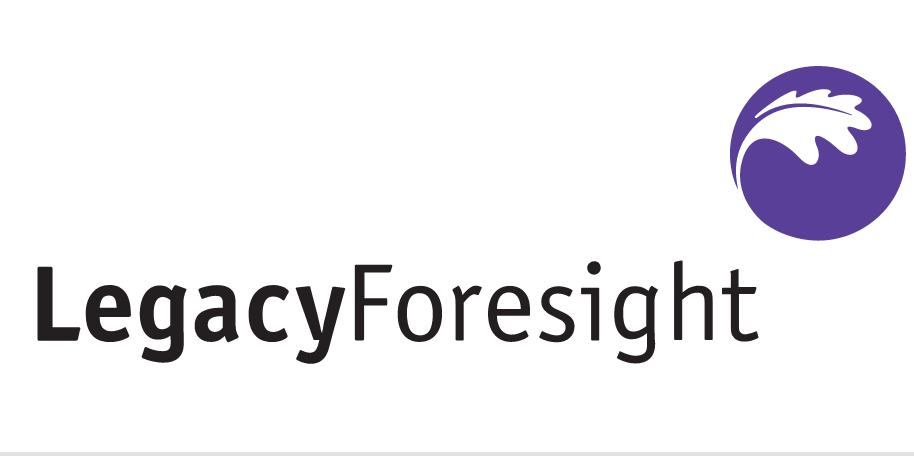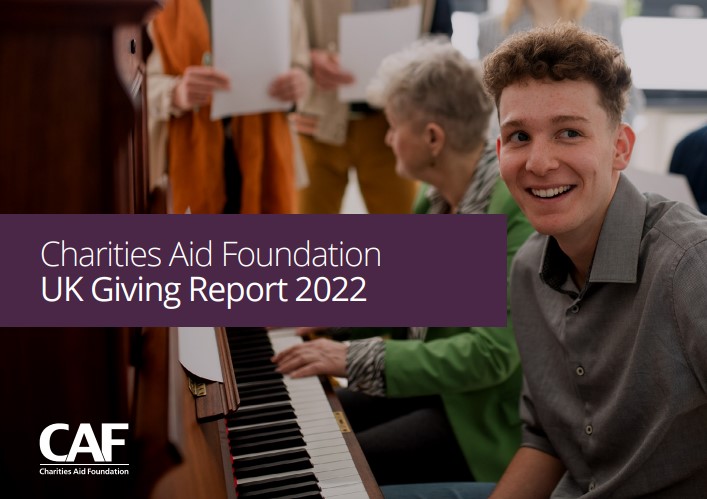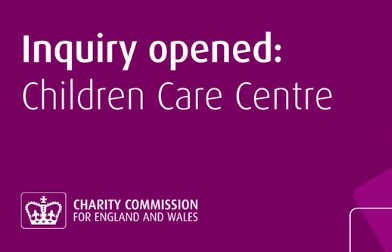A backlog in the administration of wills and legacy giving caused by the Covid pandemic is easing, latest figures suggest.
Data released by consultancy Legacy Foresight shows that legacy income grew by 15% over the 12 months to March this year.
The figures had dropped in 2021 due to delays in the administration of probate caused by the health crisis.
The figures relate to legacy income received by more than 80 charities in the consultancy’s benchmarking programme, that account for half the legacy market. This showed that total income reached £1.67bn in the year ending March 2022.
For the first three months of this year the number of bequests increased by 18% compared to the previous quarter.
But while “they latest figures are undoubtedly a step in the right direction”, the consultancy warns that the cost-of-living crisis “poses a notable risk to legacy income over the medium term”.
“Following a turbulent three years, legacy income has made a strong recovery to fall back in line with its long-term trends,” said Legacy Foresight economist Jon Franklin.
“However, whilst the number of bequests to charities is currently high, it still remains lower than we might have expected given the large numbers of deaths seen during the pandemic.
“Prospects for legacy income continues to look positive for the next 12 months. Although, with interest rates on the rise, there is some concern over the impact to property prices and whether the ‘cost of living crisis’ will have an effect on the legacy market.”
Earlier this month separate research by Smee & Ford found that residents of the South coast’s seaside towns and cities are among the most likely to leave a gift to a charity in their will.
Further analysis released last month by creative agency WPNC suggested there will be long term growth in legacy giving due to increasing number of millennials and generation X wanting to include a charitable donation in their will.
Latest News
-
Youth homelessness charity forced to turn away young people due to demand surge
-
Funder offers charities ‘social change’ grants of up to £50,000 to boost training
-
Navy charity handed £368,500 to support submariners’ families
-
Former football charity chief to lead sports and culture charity
-
From comics to crockery: the best places for charity shop sales revealed
-
Three arrests made amid ‘large-scale theft' of charity clothes donations
Charity Times video Q&A: In conversation with Hilda Hayo, CEO of Dementia UK
Charity Times editor, Lauren Weymouth, is joined by Dementia UK CEO, Hilda Hayo to discuss why the charity receives such high workplace satisfaction results, what a positive working culture looks like and the importance of lived experience among staff. The pair talk about challenges facing the charity, the impact felt by the pandemic and how it's striving to overcome obstacles and continue to be a highly impactful organisation for anybody affected by dementia.
Charity Times Awards 2023
Mitigating risk and reducing claims

The cost-of-living crisis is impacting charities in a number of ways, including the risks they take. Endsleigh Insurance’s* senior risk management consultant Scott Crichton joins Charity Times to discuss the ramifications of prioritising certain types of risk over others, the financial implications risk can have if not managed properly, and tips for charities to help manage those risks.
* Coming soon… Howden, the new name for Endsleigh.
* Coming soon… Howden, the new name for Endsleigh.
Better Society

© 2021 Perspective Publishing Privacy & Cookies











Recent Stories